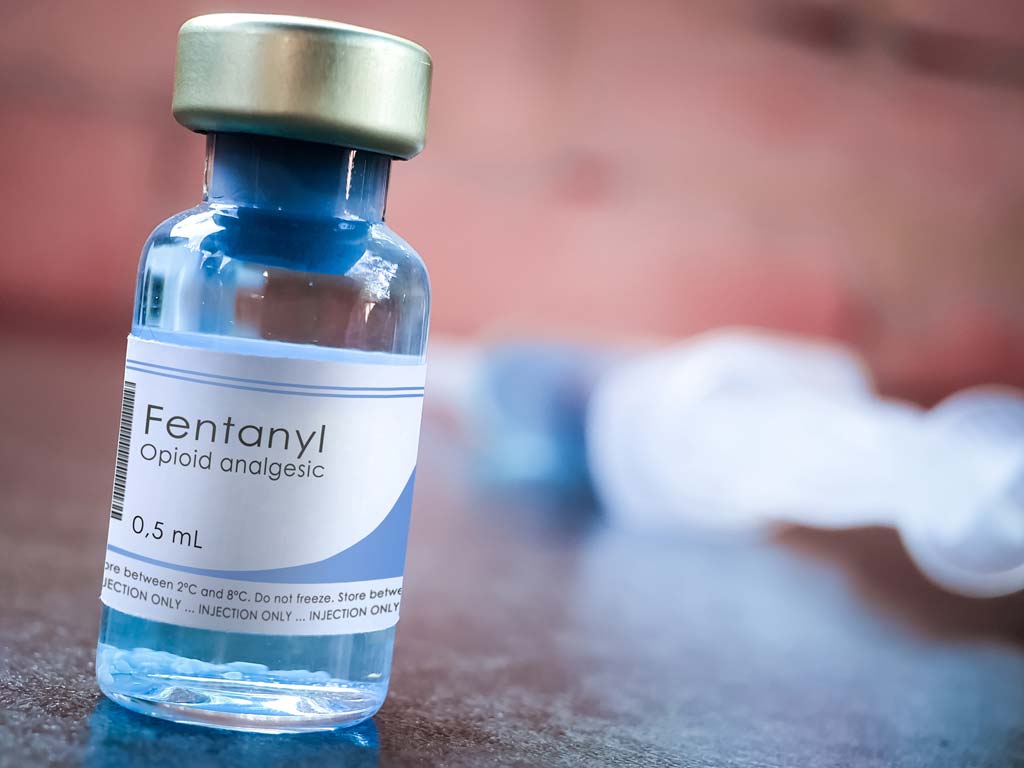2021 saw fentanyl addiction and epidemic within a pandemic as rates of fentanyl misuse soared to unfortunate heights. As the world dealt with the COVID-19 pandemic, many people found themselves trying to cope through substances.
Battling a fentanyl addiction can be tough, and often seem impossible. But it doesn’t have to be that difficult. Addiction can be overcome with the right kind of support. Emerald Isle Health & Recovery has a team of experts to guide you towards beating this disorder.
Being surrounded by medical professionals where everyone is dedicated to your growth and survival can be an effective beginning to your journey towards recovery.
What Is Fentanyl?
Table of Contents
At its very core, fentanyl is an opioid. It is synthetic and very powerful, similar to morphine, but way more potent. According to the National Institute on Drug Abuse, fentanyl is 50 to 100 times more potent than morphine. When sold as a prescription, fentanyl is known as Sublimaze, Duragesic, and Actiq.
Fentanyl is used to treat severe pain, especially the sort of agonizing pain that one undergoes after a surgery. However, fentanyl must ONLY be used when and if it is prescribed by a qualified medical professional. Even then, it must be used with caution to avoid fentanyl addiction.
There are multiple types of fentanyl and fentanyl analogs. An analog is when the medically used drug fentanyl is altered, illicitly, to mimic the original drug. The chemical structure is similar, but it is not the same.

Where Is Fentanyl Found?
There are three types of opioids. The first is naturally occurring in plants, which is termed an opiate. The second is a semisynthetic opioid, which is extracted from an opiate inside a laboratory. The third is completely synthetic, made by man, in a lab.
Since fentanyl is synthetic, it is made using heroin, ecstasy, methamphetamine, molly, and sometimes other types of recreational drugs, too. Contrary to popular belief, all opioids are not derived from the opium poppy, only opiates are.


